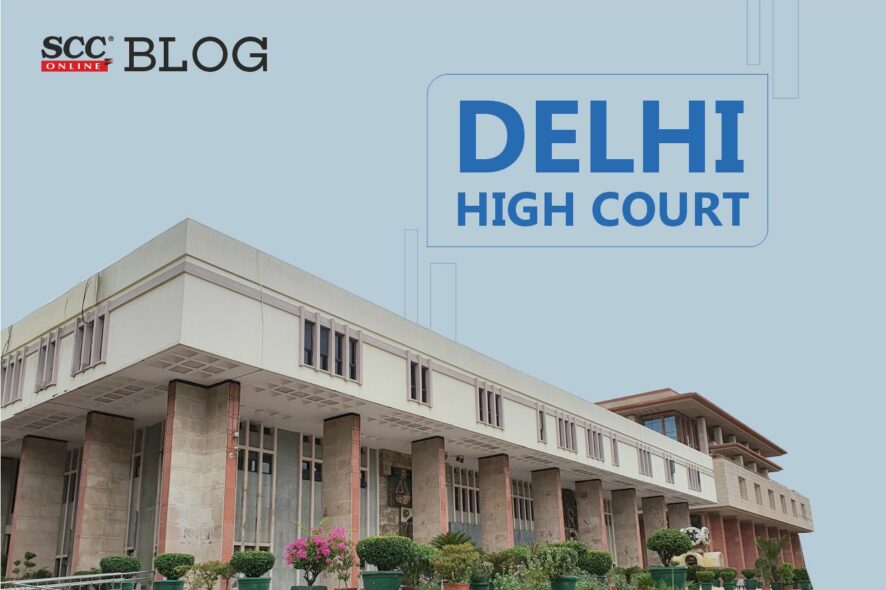Delhi High Court: In a batch of petitions filed assailing proceedings initiated by the respondent- State under the Prohibition of Benami Property Transactions Act, 1988 for attachment and confiscation of properties which were admittedly acquired prior to the enforcement of the Benami Transactions (Prohibition) Amendment Act, 2016, Yashwant Varma, J., quashed all proceedings as in compliance with a judgment rendered by the Supreme Court in Union of India v. Ganpati Dealcom Pvt. Ltd., 2022 SCC OnLine SC 1064, wherein it was categorically held that concerned authorities cannot initiate or continue criminal prosecution or confiscation proceedings for transactions entered into prior to the coming into force of the 2016 Act, viz., 25-10-2016 and thus, all such prosecutions or confiscation proceedings shall stand quashed.
The Supreme Court in Ganpati Dalcom (supra) dealt with the issue of retrospective application of the provisions by virtue of the introduction of Benami Transactions (Prohibition) Amendment Act, 2016. The Supreme Court ruled on the powers of attachment and confiscation in respect of properties acquired and in which interests stood, prior to the 2016 Amendment by stating that the stain of benami transactions is not restricted to the person who is entering into the aforesaid transaction, rather, it attaches itself to the property perpetually and extends itself to all proceeds arising from such a property, unless the defence of innocent ownership is established under Section 27(2) of the 2016 Act. When such a defect is being created not on the individual, but on the property itself, a retroactive law would characterize itself as punitive for condemning the proceeds of sale which may also involve legitimate means of addition of wealth.
Looked at from a different angle, continuation of only the civil provisions under Section 4 of 1988 Act, etc., would mean that the legislative intention was to ensure that the ostensible owner would continue to have full ownership over the property, without allowing the real owner to interfere with the rights of benamidar. If that is the case, then without effective any enforcement proceedings for a long span of time, the rights that have crystallized since 1988, would be in jeopardy. Such implied intrusion into the right to property cannot be permitted to operate retroactively, as that would be unduly harsh and arbitrary.
In light of the judgment on, the Court noted that it is evident that the impugned proceedings cannot be sustained. Thus, the Court quashed various summon notices issued to the petitioners in the present batch of petitions, along with show cause notices, provisional attachment order and all other impugned proceedings.
[Reliance Commodities v. ACIT, WP (C) No. 3139 of 2019 and Satyendar Jain v. UOI, WP (C) No. 5158 of 2017, decided on 10-10-2022]
Advocates who appeared in this case:
In WP (C) No. 3139 of 2019
Mr. Anirudh Bakhru, Mr. Ayush Puri, Mr. Tejaswini, Ms. Umang Tyagi, Mr. Prateek Kumar, Advocates, for the Petitioner;
Ms. Shiva Lakshmi, CGSC with Ms. Srishti Rawat, Ms. Ritwik Sneha, Advocates, for the R-2;
In W.P.(C) 5158/2017
Mr. Dayan Krisyhnan, Sr. Adv. With Mr. Vivek Jain, Mr. Vaibhav Yadav, Mr. Amit Anand and Ms. Devyani, Advocates, for the Petitioner;
Mr. Zoheb Hossain, Sr. Standing Counsel with Mr. Vipul Agarwal and Mr. Parth Semwal, Advocates for the Income Tax Department.
*Arunima Bose, Editorial Assistant has put this report together.







